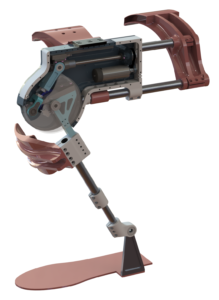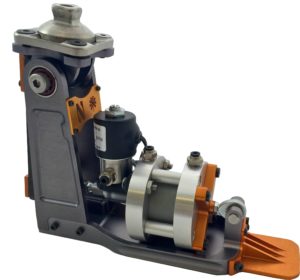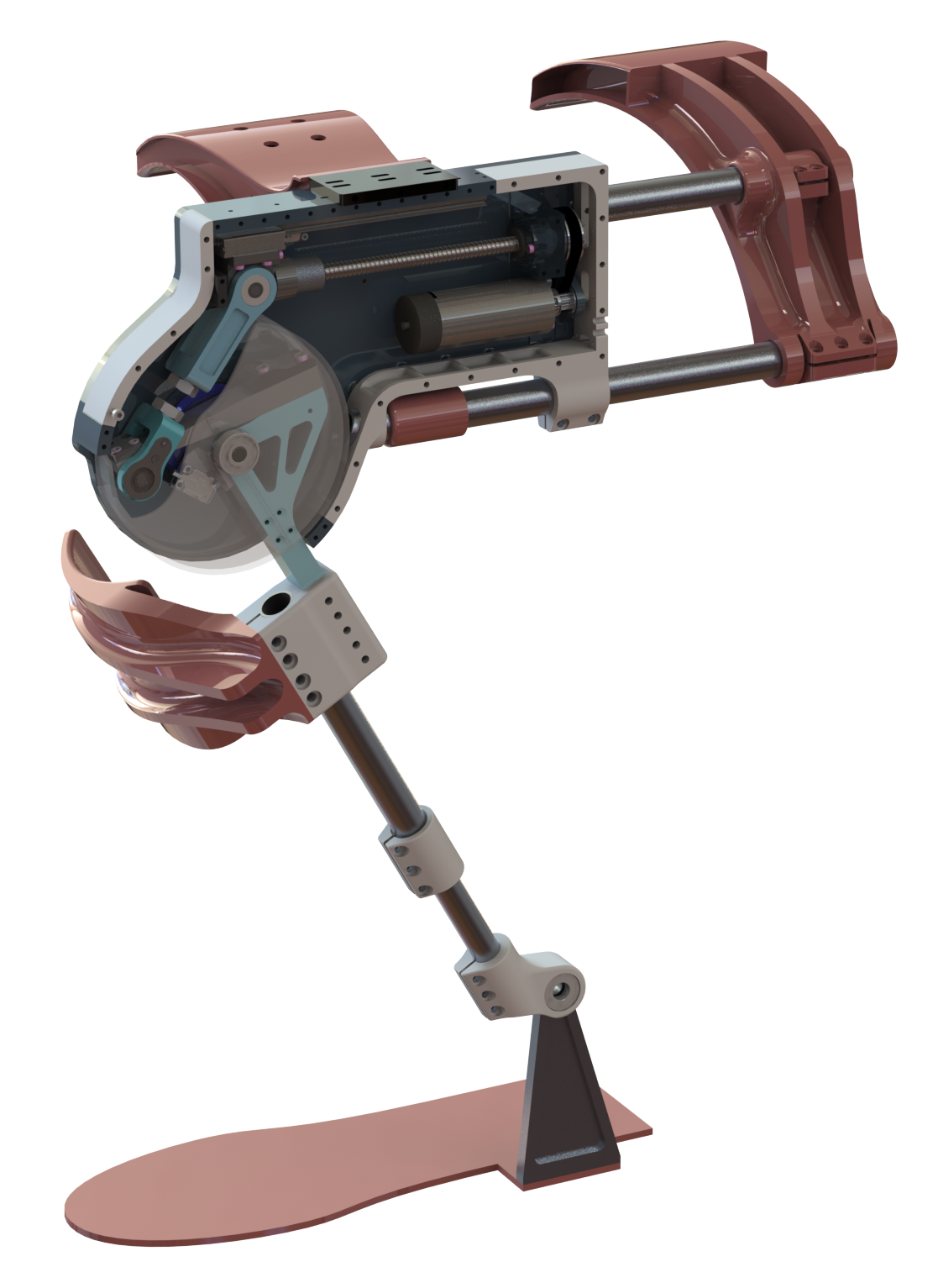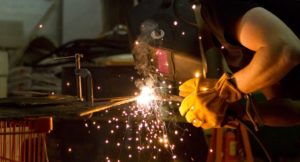
Elliott Rouse is the Director of the Neurobionics Lab in the Center for Bionic Medicine at the Rehabilitation Institute of Chicago. The vision of his group is to discover the fundamental science that underlies human joint dynamics during locomotion and incorporate these discoveries in novel, effective wearable robotic technologies.
At NERP on Monday, Elliott will show us some fun stuff from his lab including a new generation of his group’s robotic knee. We’ll see that a robotic knee is much more than a motorized linkage, although it is that, too.

Abstract: The Neurobionics Lab is interested in understanding neural control of movement from the lens of mechanical descriptions. The intent is to use these discoveries to design and control a new class of assistive technologies. These technologies would be capable of not only replicating the natural biological torques and speeds, but also the underlying stiffness properties. However, since many of the stiffness properties are unknown, the Neurobionics Lab also seeks to supplement this philosophy with the design and control of technologies that cleverly implement or leverage mechanics. The purpose of this talk will be to discuss ongoing research and a few specific technologies that are currently being developed in the group. The presentation will focus on two technologies, the actuation of wearable robots with balloons, and a novel low cost, lightweight robotic knee prosthesis that is powered by drone technology.
Bio: Elliott Rouse is the Director of the Neurobionics Lab in the Center for Bionic Medicine at the Rehabilitation Institute of Chicago and is an Assistant Professor in the Department of Physical Medicine & Rehabilitation, as well as the Departments of Mechanical and Biomedical Engineering at Northwestern University. The vision of his group is to discover the fundamental science that underlies human joint dynamics during locomotion and incorporate these discoveries in novel, effective wearable robotic technologies. The Neurobionics Lab uses technical tools from mechanical and biomedical engineering applied to the complex challenges of human augmentation, physical medicine, rehabilitation, and neuroscience. Elliott received the BS degree in mechanical engineering from The Ohio State University in 2007, and the MS and PhD degrees in biomedical engineering from Northwestern University in 2009 and 2012, respectively. Subsequently, he joined the Massachusetts Institute of Technology as a Postdoctoral Fellow, working with the Biomechatronics Group in the MIT Media Lab until 2014. Elliott and his research have been featured at TED, on the Discovery Channel, CNN, National Public Radio, Wired Magazine UK, Business Insider, and Odyssey Magazine.
NERP is not exclusively Raspberry Pi, the small computer and embedded systems interest group at Pumping Station:One in Chicago. NERP meets every other Monday at 7pm at Pumping Station:One, 3519 N. Elston Ave. in Chicago. Find NERP and Pumping Station:One at
http: //www.meetup.com/NERP-Not-Exclusively-Raspberry-Pi/
and
https://pumpingstationone.org/
Doors open at 6:30pm.
NERP is free and open to the public.
Ed Bennett ed @ kinetics and electronics com
Tags: electronics, embedded, NERP, Open Source,
raspberry pi, hackerspace, Beagle Bone, Pumping Station One, prosthetics







